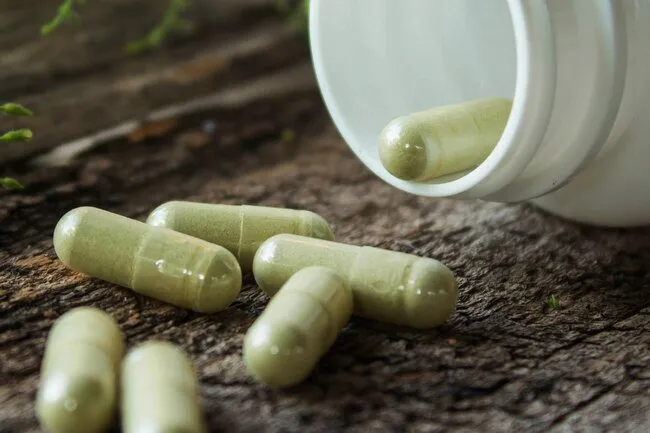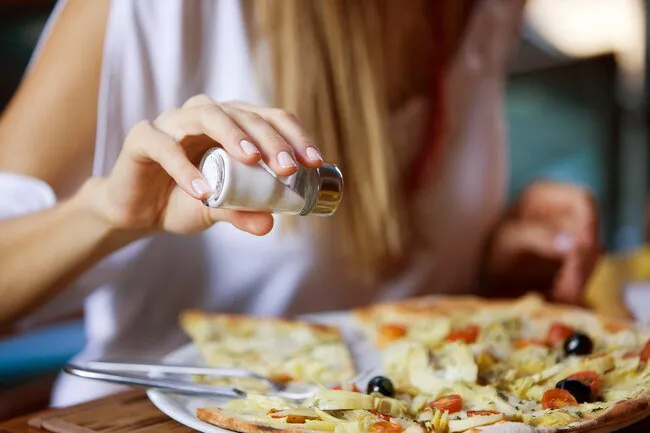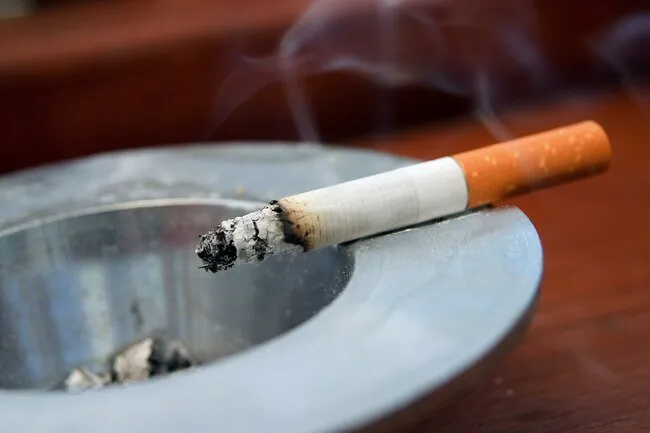Don’t Overdo Certain Medications

NSAIDs are nonsteroidal anti-inflammatory drugs, like ibuprofen and naproxen. They can damage your kidneys if you take too many at once or take them too often. And using proton pump inhibitors (PPIs) for an ulcer or GERD for a long time can raise your chances of chronic kidney disease. You should only take them if your doctor says you need them.
Take Care With Antibiotics

These bacteria-fighting drugs can damage your kidneys if you use them too often. It can happen even if you're perfectly healthy, though it's more serious if your kidneys don't work as well as they should. Some types, like penicillin, sulfonamides, and cephalosporins, are more likely to cause problems.
Skip Herbal Supplements

Supplement makers don't have to prove their products are safe, and some can damage your kidneys. Those can be especially harmful if you have kidney disease because they can make the condition worse or affect how some medicines work. Talk with your doctor before trying any herbal supplement.
Eat Healthy

Your kidneys process everything you eat or drink, including anything that's bad for you, like lots of fat, salt, and sugar. Over time, a bad diet can lead to high blood pressure, obesity, diabetes, and other conditions that are hard on your kidneys. A healthy diet has lots of vegetables, fruits, and whole grains, and few processed foods.
Watch Your Salt

This mineral affects people in different ways. For some, it seems to raise the amount of protein in their urine. That can harm your kidneys or make kidney disease worse if you already have it. Lots of salt also raises your chances of high blood pressure, a typical cause of kidney disease, and kidney stones, which can be very painful and possibly cause damage without treatment.
Drink Enough Water

Water helps get important nutrients to your kidneys and move waste to your bladder in the form of urine. If you don't drink enough, the tiny filters inside your kidneys can get stopped up and lead to kidney stones and infections. Even mild dehydration can damage your kidneys if it happens often enough. Four to six cups a day is typically about right, but you might need more if you’re sick or out in the heat.
Exercise

Just like a healthy diet, this helps prevent conditions like diabetes and heart disease that can lead to kidney damage. But don't try to go from couch potato to gym rat in a day. Too much exercise can also damage your kidneys if you're not ready for it. Work your way up to 30 to 60 minutes at least five days a week. Start slow if you haven't done it in a while, and check with your doctor first if you have health issues.
Get Screened

It's important to know your risk for kidney disease. It’s more likely if you or close relatives have heart disease, high blood pressure, diabetes, or a family history of kidney failure. In these cases, your doctor might suggest specific kidney tests as part of your regular checkup. The earlier you catch it, the easier it is to treat and sometimes even stop.
Be Careful With Alcohol

If you're healthy, a drink or two isn't likely to hurt your kidneys. But binge drinking (having more than four drinks in less than 2 hours) can cause sudden, serious damage and possibly lead to long-term problems. And alcohol often can dehydrate you, which can keep your kidneys from working well and lead to weight gain, liver disease, high blood pressure, and other conditions that put more stress on them.
Quit Smoking

Smoking raises your risk of kidney cancer and damages blood vessels, which affects your kidneys by slowing blood flow to them. Plus, smoking can affect certain drugs that treat high blood pressure. This is serious because uncontrolled high blood pressure is a leading cause of kidney disease.
Manage Health Problems

The two most common conditions that affect your kidneys are diabetes and high blood pressure. A balanced diet and regular exercise can help keep both under control. With diabetes, it's also important to keep a close eye on your blood sugar and take insulin when you need it. For high blood pressure, check your numbers regularly and take all medicines exactly as your doctor prescribes them.
Ways to Keep Your Kidneys Healthy
This tool does not provide medical advice. See additional information: 
© 1996-2024 WebMD, LLC. All rights reserved.
Source slideshow on WebMD
